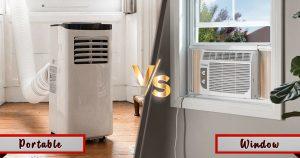Savvy Tips Guru
We’re dishing out practical strategies, tried-and-true techniques, and mind-blowing ideas to help you boss up, make smart moves, and handle any hurdles that come your way like a total pro.
So, get ready to soak up the knowledge and rock your world like a true champ.
TRENDING NEWS
Graphics Processing Units (GPUs) are important parts of modern computers, especially for jobs that require a lot of graphics, like …
When traveling or planning a long stay in a new place, one of the most important factors to consider is …
Are you torn about portable vs. window air conditioners? Which type of air conditioner suits your needs and preferences? Let …
Caregiving in the USA is increasing. About 100 million adults in the US take on caregiving roles, looking after a …
CATEGORIES
EDITORIALS PICK
Smoking doesn’t just harm your lungs—it affects your entire body, including your digestive …
Taking risks and being ready for them are key traits of any successful …
Savings accounts are a common financial tool that many individuals utilize to manage their money. …
Heating blankets have gained popularity as a cozy and comforting solution during chilly nights. They …













